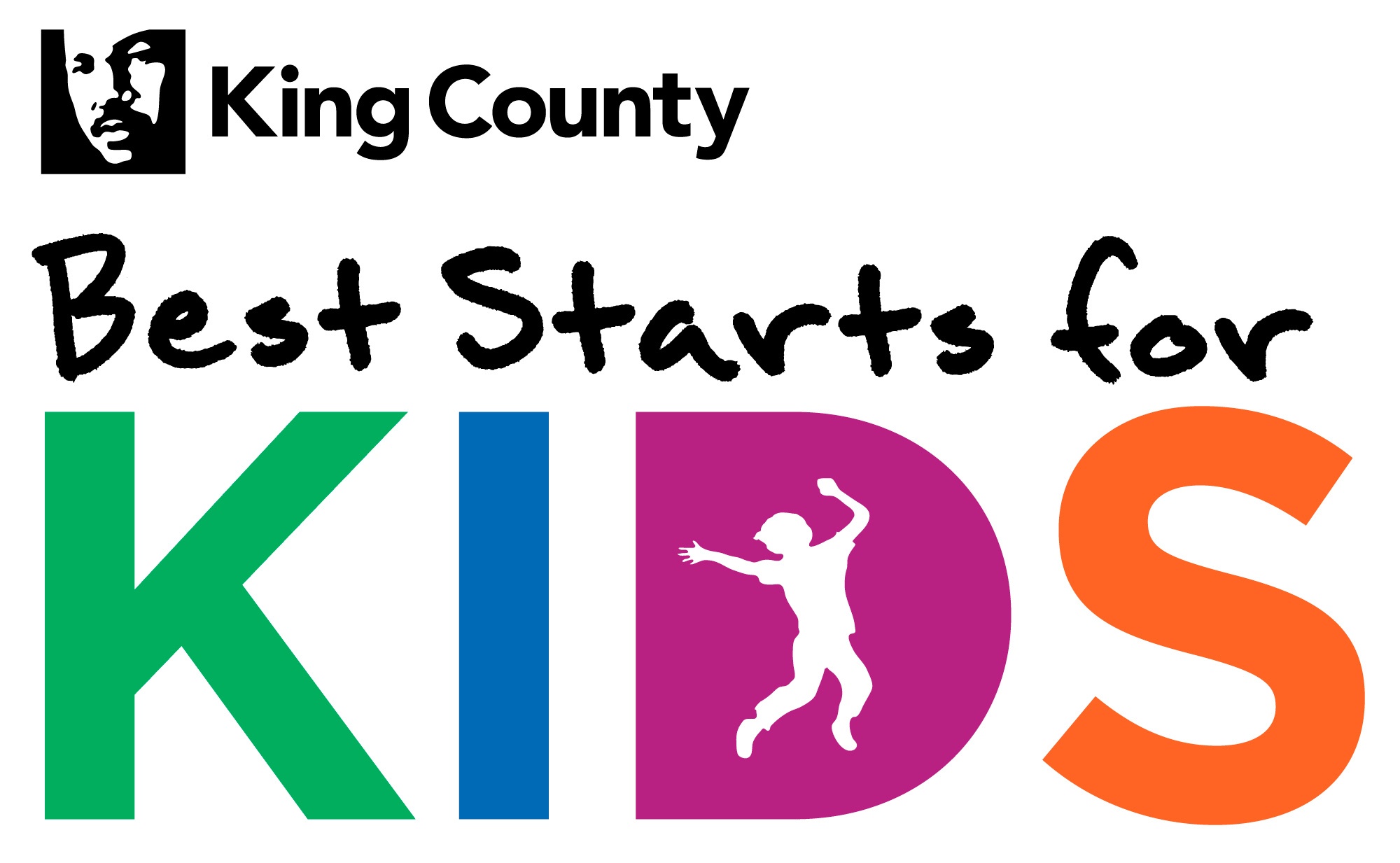King County Executive Dow Constantine’s plan to implement Best Starts for Kids was unanimously approved today by the Metropolitan King County Council, a key milestone for the child and youth initiative considered the most comprehensive of its kind in the nation.
The approved plan will guide how the county invests nearly $400 million over the next six years to increase the number of children who are born healthy and reach adulthood ready to succeed. Half of the revenue generated by the voter-approved levy will invest in strategies that focus on birth through age 5, when 92 percent of brain growth occurs.
“With an implementation plan based on science and focused on outcomes, we will deliver on our promise to invest in what works for kids and their families,” said Executive Constantine. “We will now move forward with our community partners to help every child and youth in our region achieve their full potential in life.”
While other metropolitan regions invest in child and youth development — most commonly preschool — King County’s approach starts with prenatal services, sustains the gain as brain development continues through age 24, and invests in safer, healthier communities that reinforce progress.
Guided by experts and community leaders representing the diversity of King County
The Children and Youth Advisory Board – which includes researchers, educators, community leaders, content experts and nonprofit organizations representing the geographic and cultural diversity of King County – will help guide the implementation and monitor progress.
“The Children and Youth Advisory Board is elated with the passage of the Best Starts for Kids Implementation Plan,” said Barbara Langdon, Co-Chair for Children and Youth Advisory Board. “The Board has worked to assure BSK responds to emerging community needs and we believe this plan does exactly that — addressing disparities that currently exist within our communities for the betterment of King County children.”
“With the passing of BSK comes a huge victory for children and youth in King County. This innovative effort is the result of unprecedented support by King County residents and the King County Council,” said Abigail Echo-Hawk, Co-Chair for the Children and Youth Advisory Board. “The Children and Youth Advisory Board is dedicated to ensuring BSK has a strong focus on equity and social justice for all, and I am proud to be a part of this diverse group dedicated to ensuring community voices are at the forefront.”
A comprehensive approach that builds resilience in children and youth
While other initiatives provide needed services to people in crisis, Best Starts for Kids will promote positive development and strengthen families and communities, in addition to preventing negative outcomes such as homelessness, domestic violence and mental illness.
In some cases, it will expand existing programs so they can benefit more families. For example, the successful Nurse Family Partnership will be able to hire additional specially trained nurses who provide support and education to first-time parents.
Best Starts for Kids will fund programs that support children as they develop, from opportunities for youth during out-of-school time to innovative approaches that can detect early signs of depression and substance use before they spiral into more complex and debilitating challenges.
A plan that reflects community input and priorities
The implementation plan was informed by input King County collected during 10 regional community conversations, such as strong support for focusing on racial equity and programming that can simultaneously improve outcomes across generations within a family.
Programs funded by Best Starts for Kids will roll out in phases with an emphasis on innovation and adapting proven programs to fit local community needs. A robust evaluation framework will provide data to course correct along the way.


